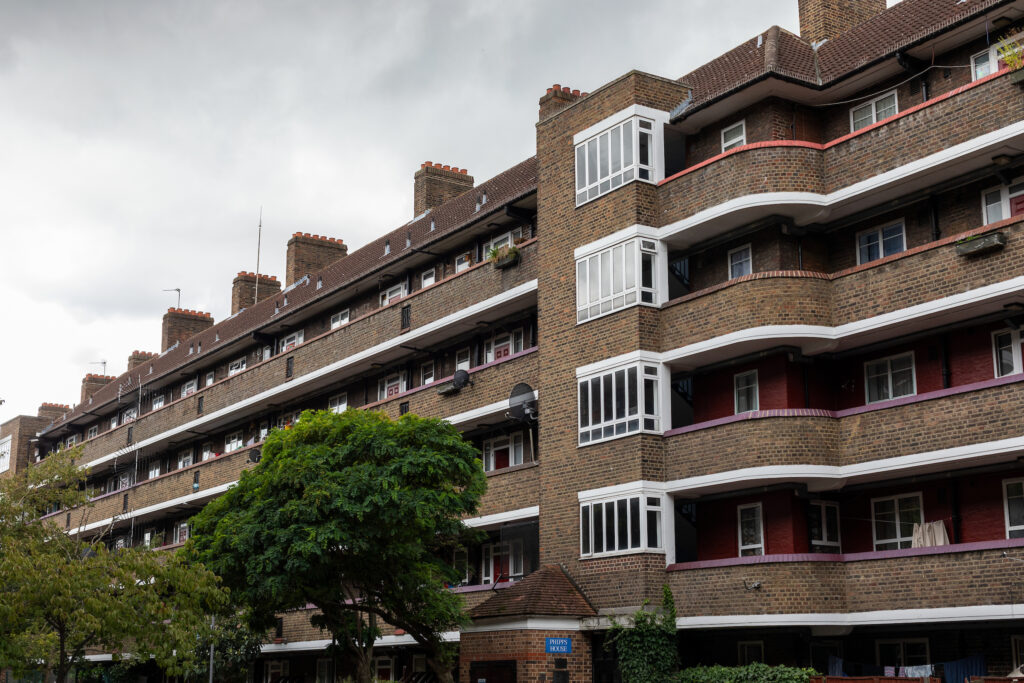Invest in the neighbourhoods that need it most
Ahead of the Autumn Statement, policy officer Millie Dessent explores Local Trust’s response to the government’s Community Wealth Fund technical consultation.
On 22 November the Chancellor will make his Autumn Statement, which comes at a demanding time for communities.
Over the past year, they have grappled with rising levels of disadvantage, as the soar in living costs last winter exacerbated existing challenges. At the same time, many places have lost steam and are on limited capacity to respond locally. There has been a marked decrease in civic participation and neighbourhood activity, with rates of volunteering also down.
But the impact is not spread evenly across the country. A group of deprived communities which also lack social infrastructure, sometimes referred to as the most ‘left behind’ in the country, are caught at the sharp end.
Reversing the trend
Local Trust has identified 225 neighbourhoods in England which are severely deprived and have the lowest levels of social infrastructure in the country – defined as places and spaces to meet, the presence of community activity and institutions, and connectedness (both physical and digital).
Evidence shows that the social infrastructure deficit they face compounds existing levels of deprivation in these areas, resulting in worse socio-economic outcomes across every metric.
Long term, patient, and community-led investment is needed to reverse such trends. Residents in the most deprived and ‘left behind’ neighbourhoods need targeted support to restore their social infrastructure, building their capacity and resilience to face current and future challenges.
One way we hope the government will be doing this is through delivering a Community Wealth Fund (CWF) in the neighbourhoods that need it most.
“It’s about prioritising the most vulnerable communities in levelling up spend, investing long term in communities and investing so residents themselves hold the purse strings and are empowered to create and deliver projects that best work for them.”
Reece Pocklington from Ewanrigg Big Local, giving evidence to the APPG for ‘left behind’ neighbourhoods’ inquiry into Levelling Up.
The government committed to creating a CWF early this year, to “improve social infrastructure in neighbourhoods with relatively high deprivation and/or low social capital” through long term financial support “targeted at the hyper-local level”.
As part of the announcement, the government stated its intention to hold a technical consultation on how a CWF should be designed and delivered. The consultation was open for responses for four weeks, from 22 September until 19 October 2023, and sought answers to specific questions including the size of community that should benefit and the nature of the distribution of funding.
Local Trust put together a response, based on research and learning from delivering the Big Local programme, providing just over £1m each to 150 deprived communities in England.
Hyper-local social capital and connection
It explained that the success of Big Local, on whose learning the government’s proposal for a CWF is partly based, is to a great extent down to its hyper-local nature – building social capital and connection more easily than if it had taken place at a larger scale – as well as the fact that decisions over how the money is spent are placed in the hands of residents who know and understand their neighbourhoods best.
Looking ahead to the Autumn Statement, we hope that the government will underline its commitment to deliver long term funding and support for the most deprived and ‘left behind’ neighbourhoods in the country.
As the recently published report from the APPG for ‘left behind’ neighbourhoods concludes, if levelling up is to be a success in these neighbourhoods, foundational investment is essential to bolster their social infrastructure, alongside interventions targeted at improving specific metrics such as education and training.
We hope that the government’s Community Wealth Fund provides a first step.
Explore Local Trust’s full response to the technical consultation.
Mille Dessent is a policy officer at Local Trust.

